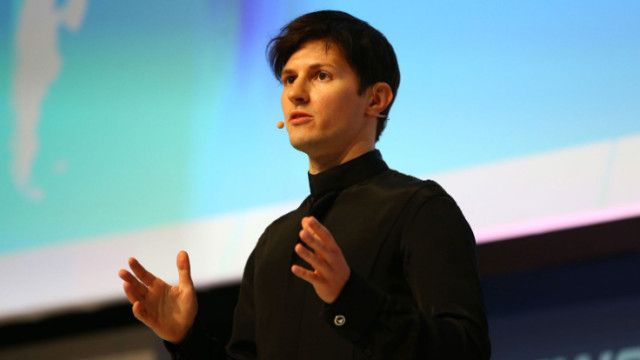Pavel Durov, the Russian-born founder of Telegram has been in France custody for the second day on Monday following an alleged offence relating to controversial messaging app, which insisted he had “nothing to hide”.
His arrest after flying into the Le Bourget Airport outside Paris late Saturday is the latest extraordinary twist in the career of one of the world’s most influential tech icons.
The detention of Durov, 39, was extended beyond Sunday night by the investigating magistrate who is handling the case, according to a source close to the investigation.
This initial period of detention for questioning can last up to a maximum of 96 hours.
When this phase of detention ends, the judge can then decide to free Durov, whose fortune is estimated by Forbes magazine at $15.5 billion, or press charges and remand him in further custody.
Russia has accused France of “refusing to cooperate” while fellow tech mogul Elon Musk swept to Durov’s defence and called for his release.
Durov holds a French passport in addition to other nationalities.
Durov had arrived in Paris from Baku, Azerbaijan, and was planning to have dinner in the French capital, a source close to the case said.
He was accompanied by a bodyguard and a personal assistant who always accompanied him, added the source who did not want to be mentioned.
France’s OFMIN, an office tasked with preventing violence against minors, had issued an arrest warrant for Durov in a preliminary investigation into alleged offences including fraud, drug trafficking, cyberbullying, organised crime and promotion of terrorism, another source said.
Durov is accused of failing to take action to curb the criminal use of his platform.
Telegram said in response that “Durov has nothing to hide and travels frequently in Europe.”
“Telegram abides by EU laws, including the Digital Services Act — its moderation is within industry standards,” it added. “It is absurd to claim that a platform or its owner is responsible for abuse of that platform.”
Durov founded Telegram in 2013 after his first project, the Russian social network VKontakte (VK), ran into ownership difficulties he blamed on the Kremlin. He left Russia in 2014.
Russia’s embassy to Paris said it had demanded access to Durov but had had no response from France, saying, “the French side is refusing to cooperate”.




















